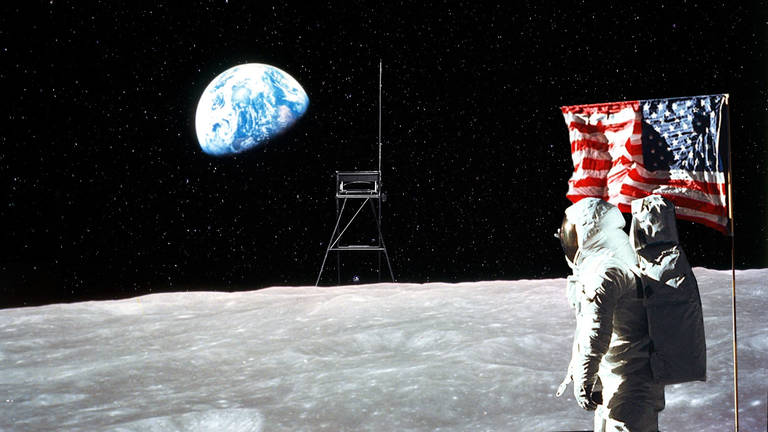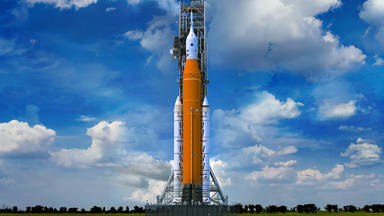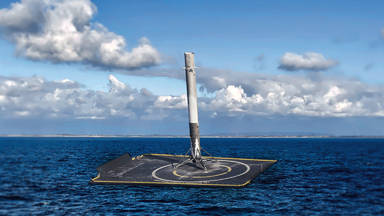
The last time a human set foot on the moon was in December of 1972 during the Apollo 17 mission and since then, we have crossed cross the 50th year mark with no manned moon missions. With Mars you could say that it is extremely hard in a variety of different realms and this applies to the moon as well, but the key difference between the two is that we've already been to the moon several times. So why did we postponed the moon for half a century?
The first and most obvious reason is, of course, budgetary restrictions.
In 2005, NASA estimated that it would cost 104 billion dollars to get people back to the moon, which is the same as 133 billion dollars today. This is actually not too bad and NASA could very well accomplish this over 10 to 15 years, if they devoted about half of their 20 billion annual budget towards the moon. However, NASA's responsibilities are far greater than simply sending manned exploration and colonization missions to outer space.
For instance, they have to split this funding among the James Webb Space Telescope, developing their new rocket called SLS (Space Launch System), and sending rovers and probes to other planets, their moons, the sun, and even outside the solar system.
Due to NASA's wide focus, they are unable to devote so much capital towards putting people back on the moon. Also, it is not like NASA is just burning through cash. They have actually significantly increased their efficiency since the 1960s and 70s as they should.
Throughout the 60s and 70s, the Apollo program cost 25.8 billion dollars which is the same as 264 billion today. Considering that their new estimate is just half of that at 133 billion, they have no doubt made some serious progress, even if they were to overrun the budget to 150 or 160 billion.
But this does raise a different concern. How were they able to fund 264 billion dollars in the 1960s, but they cannot fund just half of that over the next 50 years? As you probably already knew, NASA's budget has been getting slashed for decades, and it is far worse than you probably expected at this point.
Budget numbers are often shown in the 20 plus billion range, making us think that it is actually not that bad. But they received a solid 4.5 percent of the federal budget. In relation to today's 4.79 trillion dollar budget, that's the same as NASA receiving 215 billion dollars per year, or about 10 times what they actually receive today.
Of course, that might not make sense today, but even just half of that would still be 100 billion dollars, which would give NASA much more liberty in actually pushing forward space technology.
However, this is very unlikely to happen because of one major limitation, which is public support of the average american. 42.9% Of americans straight up opposed NASA returning to the moon with humans. Because they do not believe that it is a priority at this time. Another 19.2% believe that we should simply send robots back. Considering this, only a little over a third of americans support the idea of NASA returning to the moon with humans in the imminent future. This is not necessarily because the average american is not excited about space, rather they simply believe that Mars is the next logical step, as it is estimated that 63% of americans support a crewed Mars mission.
Something else to consider is that maybe it is not that NASA's budget is low today but rather their budget was extremely high in the 1960s. No matter how much money it took, no matter how much manpower it took, and no matter the innovations, they were sacrificing by rushing to accomplish one narrow goal. The US did not care as we strive to win, no matter the cost. So, for the best or the worst, the initial drive to succeed in a manned moon mission was largely due to unhealthy competition with the USSR, and the lack of this unhealthy competition has been the key limiting factor when it comes to returning humans to the moon.
But looking forward, things are looking much better, as the scene for healthy competition is doing better than ever before. We have SpaceX, Blue Origin, Virgin Galactic, NASA themselves, and much much more. These companies are participating in a healthy competitive environment where they are truly looking to advance space exploration and colonization, as opposed to just flexing national might. Therefore, we may for once finally see the timelines put out by these organizations come true.









